Preparing a planting pit for an apple tree
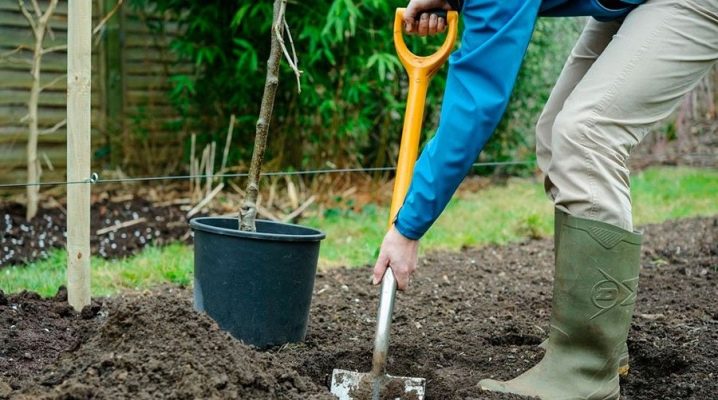
There are no gardeners who would not plant apple trees on their plots. True, it would be nice to know the important landing rules at the same time. Special attention, for example, deserves the preparation of planting holes for this.
Where can you dig?
It is important to find a suitable location for digging a hole. Apple trees prefer areas that are well lit by sunlight. In addition, the selected locations must be well protected from the winds. And it should be borne in mind that when planting, it is necessary to maintain a certain distance between young seedlings. The optimal distance between plants should be 4-6 meters, more precisely, it depends on the type of tree.
It is not recommended to dig planting holes near buildings or other trees to avoid shading.
It is better to move tall and medium-sized varieties away from them at a distance of at least 6-7 meters. Low-growing ones can be planted a little closer - 3-5 meters from buildings and fruit plantings.
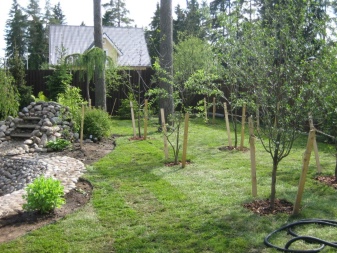
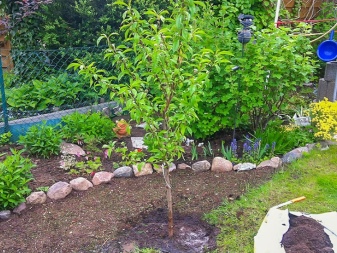
Dimensions (edit)
The diameter of the seat for a young seedling should be about 1 meter. Its depth should reach 60-80 cm... If the tree is planted in clay soil, then you need to dig holes of greater width, but shallower depth.
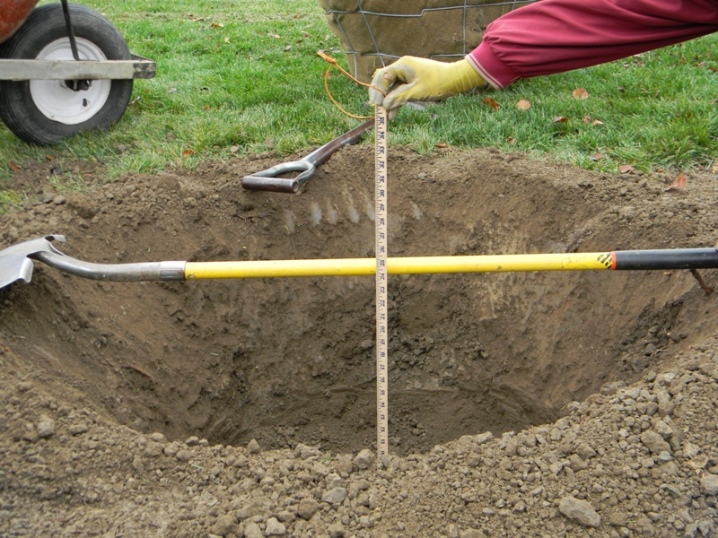
How to prepare a pit, taking into account the timing of planting?
Apple trees are planted either in spring or autumn days.
In the spring
In this case, it is better to dig all the planting holes in the fall or 5-6 weeks before planting. In the spring, this is done immediately after the soil thaws. When digging a hole, the earth from the upper layers is thrown in one direction, and the earth from the lower layers is thrown to the other. After that, the earth collected from above is poured back into the dug hole. The pit walls should be steep.
It is important to apply suitable fertilizers, which can be organic components, superphosphate, wood ash.
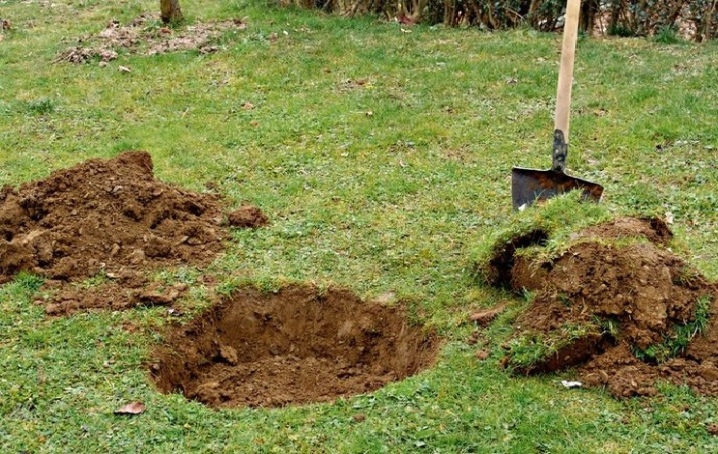
In autumn
For the autumn planting of apple trees, holes should be dug in early summer. In this case, immediately on both sides of the intended hole, you need to spread a plastic wrap. In the process of digging, the earth from the upper layers is put on the film on one side, and the earth from the lower level is put on polyethylene on the other side. After that, the bottom of the dug groove is well loosened. Various fertilizers are added to the soil that lies on the film, including humus, compost, manure, wood ash. All this is thoroughly mixed with each other, so that as a result a homogeneous nutritious mass is formed.
At the bottom of the pit, soil is poured from the upper layers, and then the rest is laid out on top. All this is once again thoroughly mixed and compacted. The planting site with fertile soil will rise above the total surface of the site by about 10-15 cm. After a while, all this will settle.
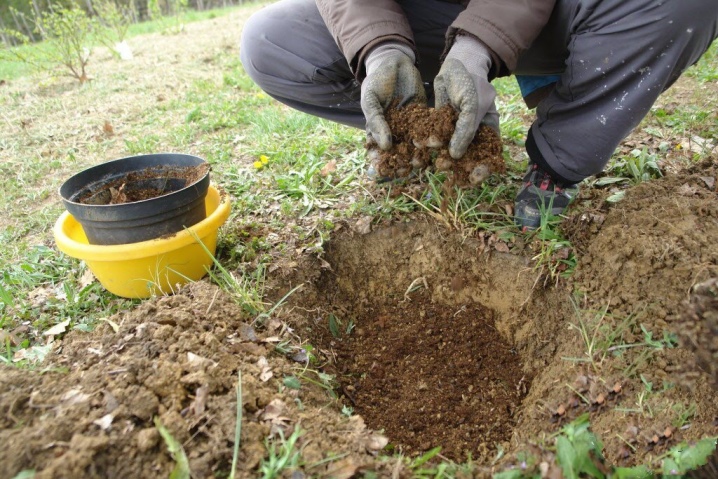
How to prepare on different soils?
Next, we will consider how to properly prepare planting pits on different types of soil.
On clay
Clay soils are much heavier than all others, are characterized by low fertility, and poorly permeable liquid. The root system of plants in such soils does not absorb enough oxygen.
A year before planting, sawdust (15 kg / m2), river clean sand (50 kg / m2), slaked lime (0.5 kg / m2) are added to the ground... In addition, compost, peat, manure and humus are added. The resulting composition will create the most favorable conditions for growing crops on clay soils. It will make them much lighter and more airy.
So that young seedlings can take root, you need to enrich the soil with superphosphate and potassium sulfate. All this mixes well (digging depth is about 0.5 m). Next, you should use special siderates (mustard, lupine). They should grow, and before planting the apple trees they are cut off. After that, the soil is well dug again. It is necessary to form larger pits in the clay so that the roots of the seedlings have enough room for growth.
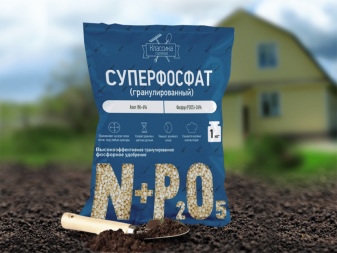
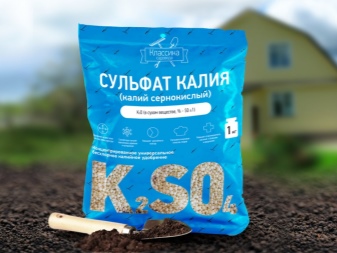
On peat
Peatlands are generally not rich in nutrients. But at the same time, they are quite light, they pass liquid and oxygen well.... True, high peat has a high level of acidity, and apple trees prefer neutral soils. Therefore, it is better to add chalk or dolomite flour to such soil, sometimes slaked lime is also used. To measure acidity, you need to purchase a special litmus tape.
In peat soils, it is not necessary to apply nitrogen and phosphorus fertilizers at the same time. If the peat is laid in a large single layer, then when digging a little clean sand should be added.
As in the previous version, it is better to plant the green manure, and mow it before planting.
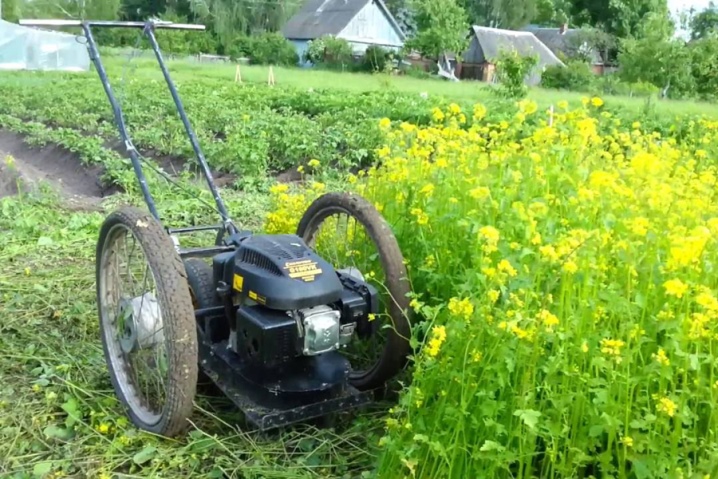
On the sand
A year before landing, a mixture of clay, humus, lime, potassium and superphosphate is introduced into the ground. After that, the soil is dug up to a depth of 50 cm. Then, green manures must be sown at this place, and when they grow, they must be mowed. Only after that young seedlings are planted.
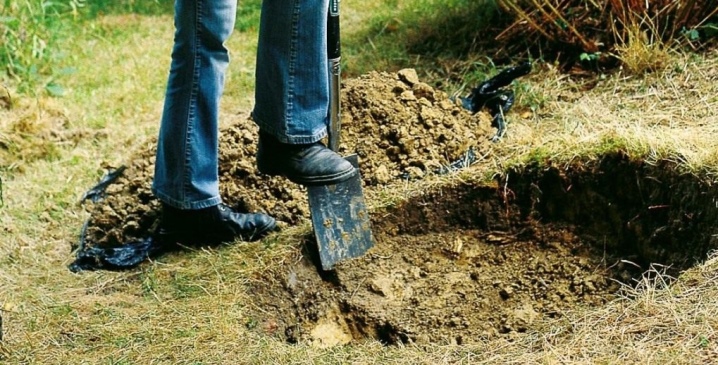
On loam
Such soils contain sand and clay. To saturate them with the nutrients necessary for apple trees, a mixture of ready-made compost, horse manure, superphosphate and potassium sulfate is added during digging. A good solution would be laying on the bottom of the drainage planting holes.
There are features of the formation of planting holes in areas with groundwater close to the surface. It is worth remembering that apple trees do not like excessive moisture: with constant contact with water, their roots will begin to rot, so the tree will eventually die.
To solve the problem, a drainage device will be the best option. In this case, a single system is organized to drain excess water. It should be implemented taking into account the terrain, the location of buildings on the site and the layout of plantings.
Drainage can simply be routed to the bottom of each seat (pit). It will not allow the root system to come into contact with groundwater.
But this method cannot provide maximum efficiency and any guarantees.
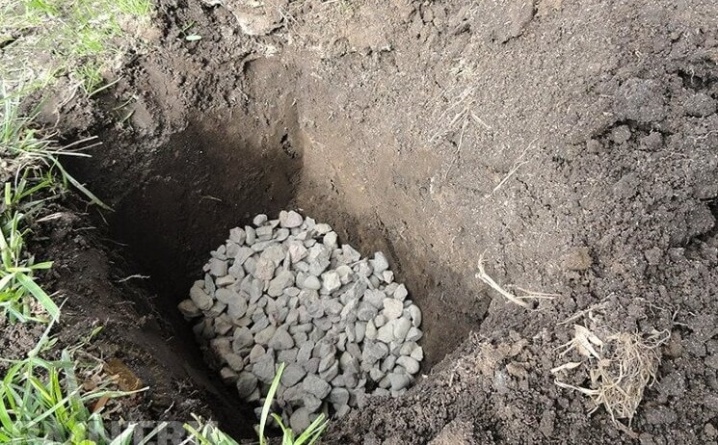
Often, in order to protect the apple trees from excessive moisture, planting is carried out on a hill. In this case, before the formation of the holes, it will be necessary to fill in a large amount of fertile soil with the necessary dressing. Pits are later dug right on these hills.
Anyway when digging holes, you will need to fertilize the soil... Each variety of apple trees needs specific compositions. In addition, special microbiological additives for fruit crops can be used. However, it is best to bring them in. not directly into the soil, but into compost or humus.
Manure can be suitable for almost every soil type. It contains almost all the elements that are necessary for the normal development of fruit trees. In this case, horse manure is considered the best option, but all others can be used. The most common is cow, although it is significantly inferior in quality to the same horse. Do not add too much organic matter into the wells - this can provoke a rapid "combustion" (death) of the planting.
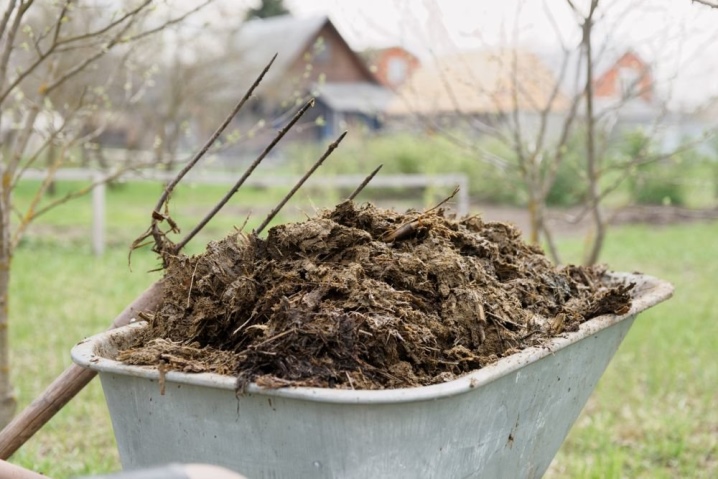
Preparation tips for different varieties
The preparation of planting sites for planting should be carried out taking into account the specific variety of apple trees.
Tall
For tall trees, a hole is dug in the distance not less than 7-8 m from buildings, as well as at least 5-6 m from undersized trees. A free space of 4-5 m should be left between the plants themselves.About 6 m is spaced between the rows.
The depth of each seat must be at least 80 centimeters, and the diameter must be at least 1 m.
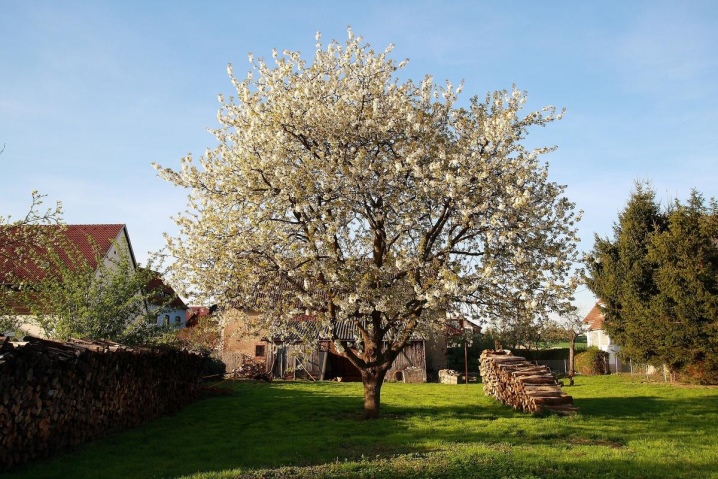
Medium-sized
These varieties require planting space. 60 cm deep and 70 cm in diameter. The distance between plants in one row should be at least 3 m, and between rows - at least 4 m.
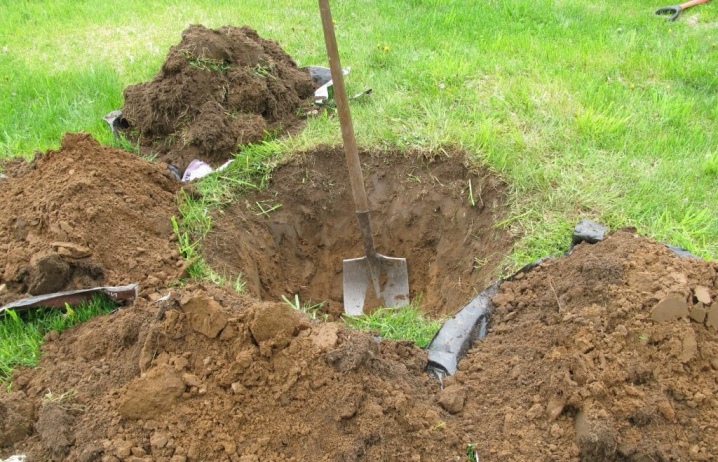
Undersized
When planting such varieties, the pits are formed in such a way so that the distance between the apple trees of the same variety is 2-3 m, and between the rows - 4 m. The holes usually have a depth of 50-55 cm, and a diameter of 60-65 cm.
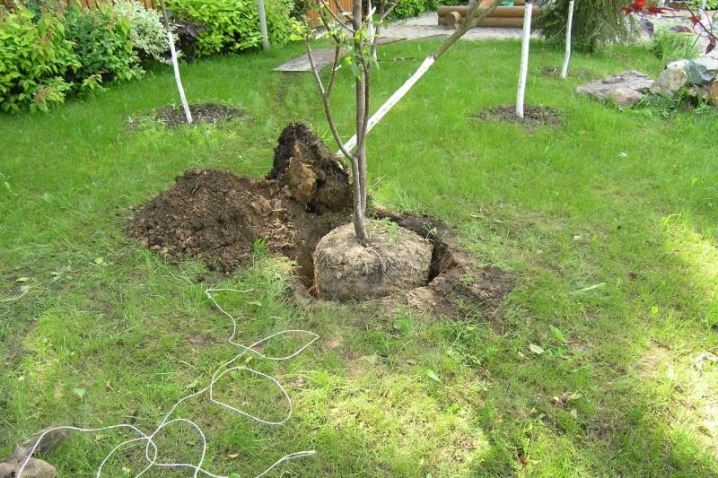
Columnar
For these varieties, you need to make holes with a depth and diameter of 50x50 cm. It is imperative to put a drainage layer at the bottom of each dug. It is better to form it from river sand and gravel. Drainage thickness - at least 20 cm. It is better to mix the earth with humus before planting.
And also columnar varieties like mineral fertilizers, so it is recommended to add additional mineral nutrition to the soil (sometimes ash and potassium sulfate are used for this).
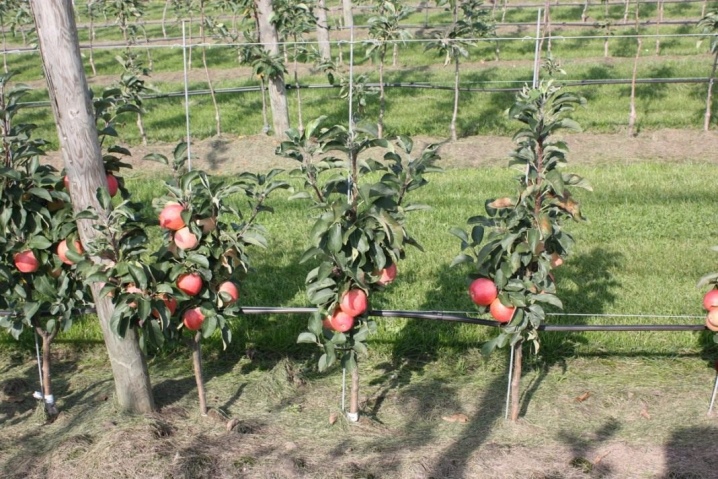













The comment was sent successfully.